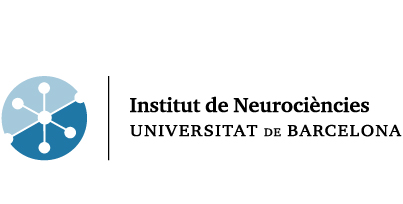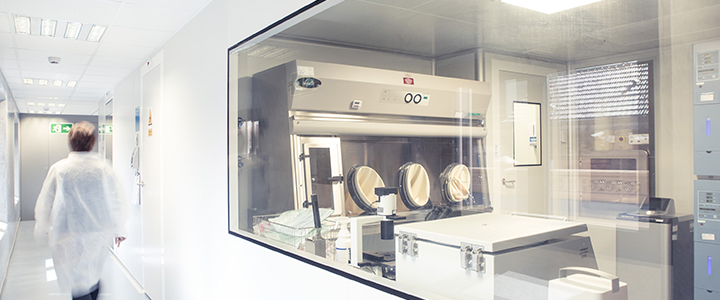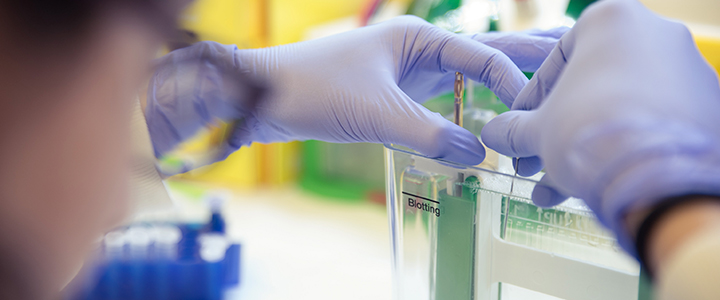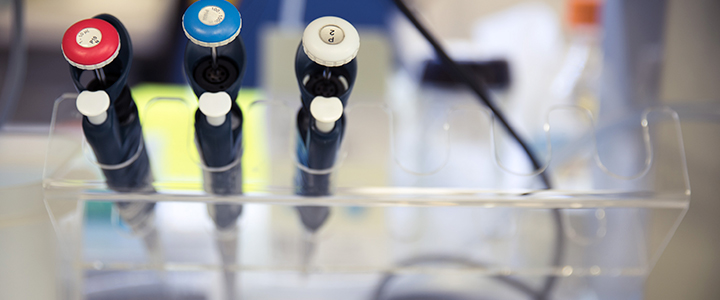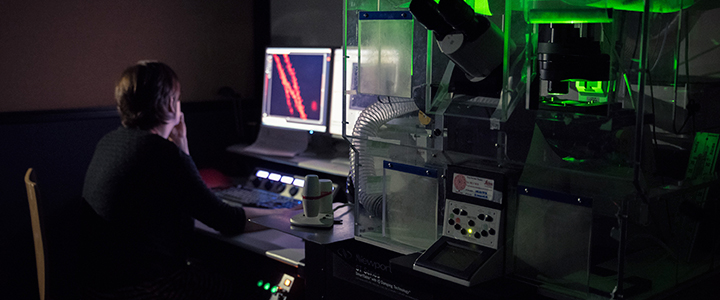Research groups
Celullar and molecular basis of Huntington’s disease and other disorders of the basal ganglia
INTERCELLULAR COMMUNICATION
NEURAL DEVELOPMENT
GRUP DE RECERCA EN NEUROFARMACOLOGIA: PREVENCIÓ DE L’ENVELLIMENT (GREN)
NEUROPHARMACOLOGY AND PAIN
Physiology and pathology of the functional relations neuron-glia
NEURODEGENERATION AND SYNAPTIC DYSFUNCTION IN HUNTINGTON´S DISEASE
PHYSIOPATHOLOGY AND TOXICOLOGY OF SENSORY AND MOTOR SYSTEMS
NEUROPHARMACOLOGY IN AGING AND NEURODEGENERATION
BLOOD-BRAIN BARRIER RESEARCH GROUP
KINASES AND PHOSPHATASES IN NEURONAL FUNCTION AND DYSFUNCTION
Cellular and molecular neurobiology – Multiple sclerosis
Neurophyisiology Lab
MOLECULAR AND CELLULAR NEUROBIOTECHNOLOGY
NEUROINFLAMMATION GROUP
DEVELOPMENTAL NEUROBIOLOGY AND REGENERATION
NEURO-CELLTEC-UB
FUNCTIONAL GENOMICS OF NEURODEGENERATIVE DISEASES
HIPPOCAMPAL FUNCTION IN HEALTH AND DISEASE
Representative of the research area
Dr. Silvia Ginés Padrós
Departament de Biomedicina
silviagines (at) ub.edu
The study of the pathophysiology of nervous system diseases is an important challenge in Biomedicine to develop new successful therapies.
Neurological and psychiatric disorders can disrupt molecular pathways, synapses, neuronal and glial subpopulations, and local circuits in specific brain regions, as well as higher-order neural networks. Therefore, research must range from the study of large-scale brain network alterations to the microscopic and/or genetic abnormalities. Improving our knowledge of the pathophysiology of these conditions will enable not only to identify new potential therapeutic targets but also biomarkers, whose usefulness can range from detecting diseases in very early stages more likely to respond to disease-modifying treatments than advanced stages, to differentiate among similar conditions and to monitor response to treatments.
Research in this area focuses on defining the pathophysiological mechanisms involved in the loss of normal and neuronal plasticity related to these diseases using . A deeper understanding of neuronal connectivity and dynamics, signaling molecules, cell-cell interaction and epigenetic factors in the nervous system will enable us to devise new pharmacological targets for therapeutic strategies to prevent or delay nervous system diseases.
Another therapeutic approach for nervous system disorders is neuroregenerative medicine. The institute is also interested in mimicking neural development on stem cells for replacing strategies as new therapies for diseases affecting the brain and spinal cord.
Thus, the current structure and expertise of the Institute of Neurosciences constitute the best environment to conduct multidisciplinary and translational research to find therapeutic approaches for motor and cognitive dysfunctions.
